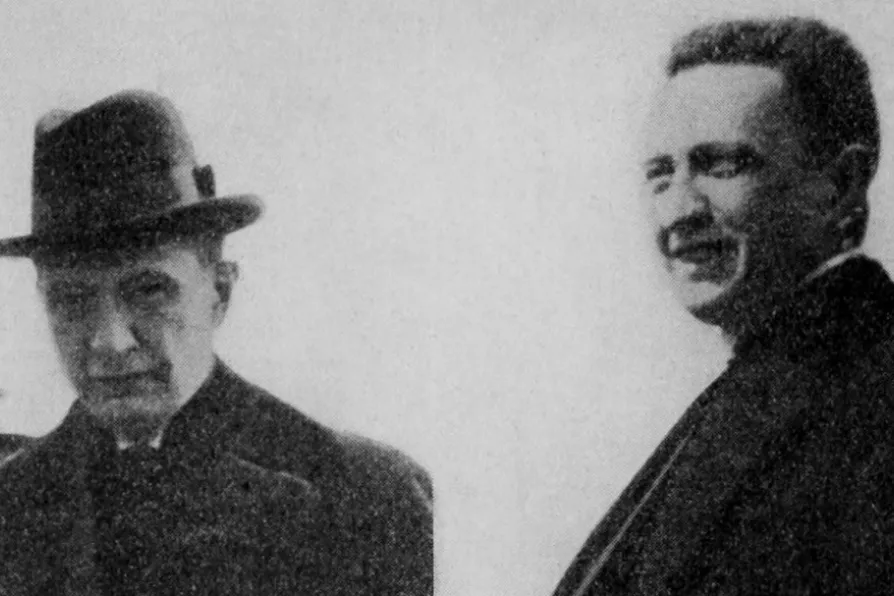Honduras may not be as much in the spotlight as Venezuela and Cuba right now, but Trump's circling vultures are making their move. JOHN PERRY reports

 Alexander Kerensky, last leader of Russia's Provisional Government, in 1918. Overthrown in 1917's October Socialist Revolution, Kerensky travelled to Britain where he used an address to the Labour Party conference to call for a Western invasion of his homeland
Alexander Kerensky, last leader of Russia's Provisional Government, in 1918. Overthrown in 1917's October Socialist Revolution, Kerensky travelled to Britain where he used an address to the Labour Party conference to call for a Western invasion of his homeland
IN June 1918 the Lloyd George government’s drive to stifle the public voice of the anti-war movement in Britain, which was powered by both socialist and pacifist convictions, continued to be extra-energetic against the background of the critical military situation on the Western Front.
Symbolic of this repression was the June 6 issue of the No Conscription Fellowship’s weekly paper, the Tribunal, which consisted of nothing more than its front page — though this itself was a statement of defiance.
Printing problems as a result of the government’s instructions to police to dismantle machinery, in preference to prosecutions for inciting disaffection, had taken their toll.

A chance find when clearing out our old office led us to renew a friendship across 5,000 miles and almost nine decades of history, explains ROGER McKENZIE

In an address to the Communist Party’s executive at the weekend international secretary KEVAN NELSON explained why the communists’ watchwords must be Jobs not Bombs and Welfare not Warfare

JOHN ELLISON recalls the momentous role of the French resistance during WWII











